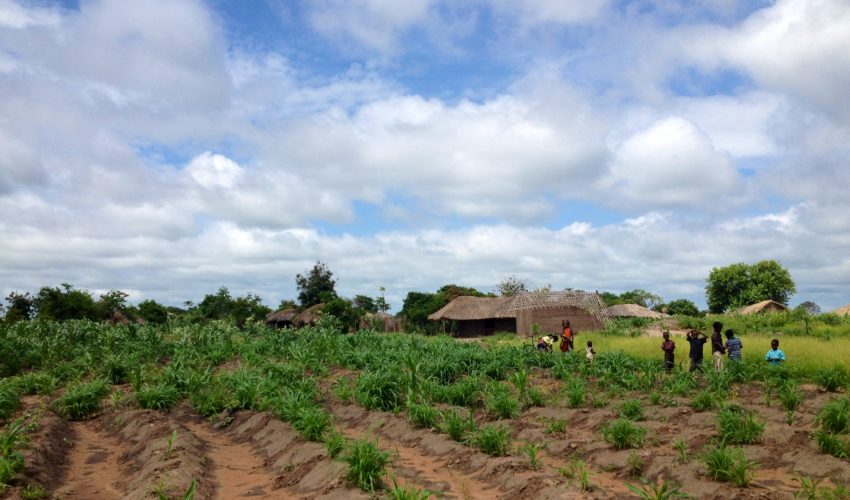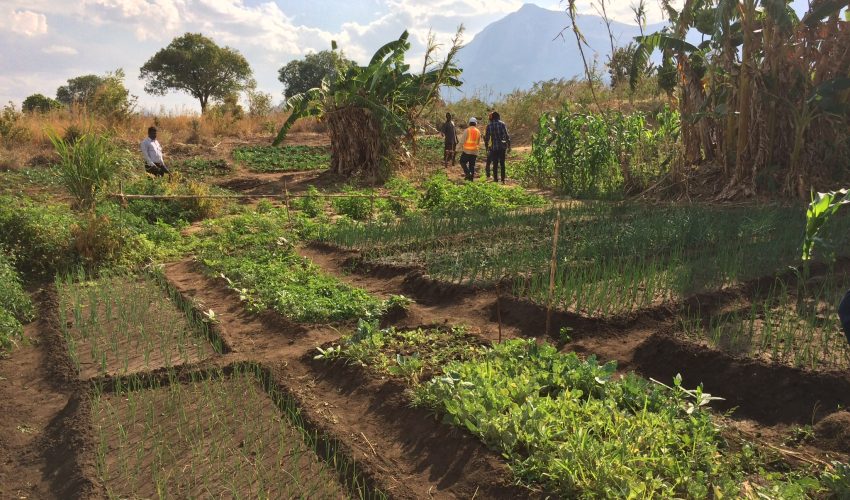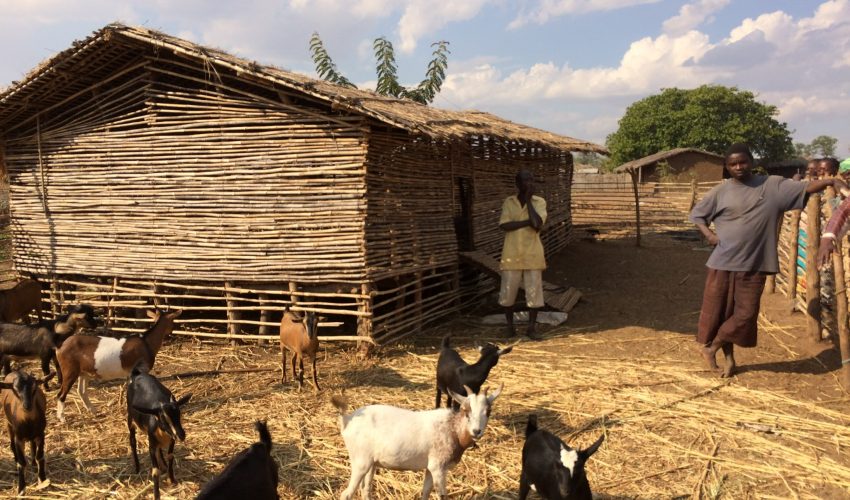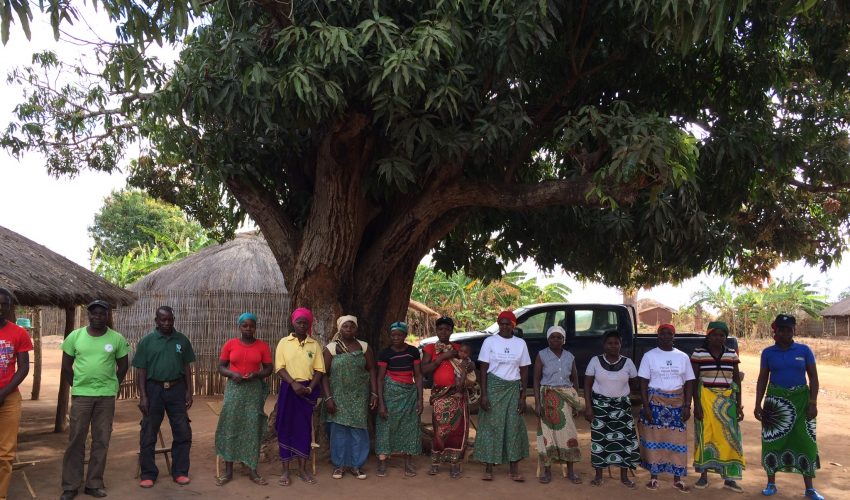The focus of the Mozambique Climate Resilience Program has been towards de-risking farmer’s exposure to climate change through a multi-pillar strategy, anchored around water management, agricultural practices & tools, alternative livelihood, access to energy, gender empowerment and community building.
Project locations: Cabo Delgado, Ribaue, Cuamba, Niassa and Nampula provinces
Project Duration: 2017-2021
As the farmer’s exposure to climate change and water insecurity risk continues to rise, the threats on human, social and economic capital will exacerbate. Mozambique climate resilience program aims at de-risking farmers’ livelihood from these threats and maximizing all the possible and existing assets for building resilience of farmers’ livelihood. It inspires to provide farming communities with the ability to take informed decision on their farming practices and have access to a number of livelihood options to more effectively offset the impact of climate change on their and the communities’ lives.
Program Objectives
De-risking of the farmers’ livelihood from the threats associated to rainfall and climate change means maximizing all the possible and existing assets that one holds to mitigate impact. The program seeks to increase the resilience of the farmers and knowledge starting at the household and community level.
The Mozambique Climate Resilience Project provides a holistic approach to livelihood for robust ‘asset’ development towards risk mitigation: embedding water management to all aspect of the household activities, such as crop management techniques via increased knowledge of good agricultural practices, gender empowerment, alternative livelihood opportunities such as backyard poultry, second food crop, etc. and empowerment of village level institutions.
Instead of a single-angled focus such as on the farmer or on cash crop production only, a holistic definition is needed for providing households a variety of tools for empowerment and a greater chance to institutionalize a system change for improved livelihoods.
Building climate resilience in smallholder farmers
A case study on de-risking farmer's livelihood from the impact of climate change in Mozambique through a coordinated approach to provide farmers with diversified income, improved food intake, and training on sustainable agriculture production.

Smallholders in Mozambique are increasingly becoming vulnerable to the effects of anthropogenic climate changes, due to the country’s geographic position and predominant dependence upon rain-fed agriculture. Mozambique’s agricultural sector accounts for 22% of the national Gross Domestic Product (GDP). An average smallholder cotton farmer that farms 0.8 hectares of cotton produces a 500 kg yield per hectare, from which he is able to earn about 70 USD. The impacts of climate change and extreme weather events like droughts, floods, and cyclones significantly affect their livelihood and food security making them increasingly more susceptible to external shocks.

IDH has partnered with four private sector organizations: Olam, San JFS, Plexus, and SANAM, with additional technical support from Action for Food Production (AFPRO) to convene a program providing smallholder farmers in Mozambique with access to inputs, knowledge training on sustainable cotton cultivation, and technology and information for multiple food cropping and animal husbandry. The program is designed to increase farmers’ resilience against extreme conditions and poverty by employing a coordinated approach to provide farmers with diversified income, improved food intake, and training on sustainable agriculture production.

In 2018, the program delivered the implementation of four pilot projects in northern Mozambique. Working across four sites and with different partners has proven to be a very effective way of testing the program’s theory of change and understanding the common denominators for maximizing the impact at the farmer and business levels.

Through the IDH cotton program and the existing collaborations between IDH and the public and private sectors with different sector-specific expertise, this program was developed as an alternative approach to development and inclusive growth. Engaging with national and local stakeholders simultaneously ensure that the pilot solutions can be up-scaled in a well-coordinated and efficient manner.












